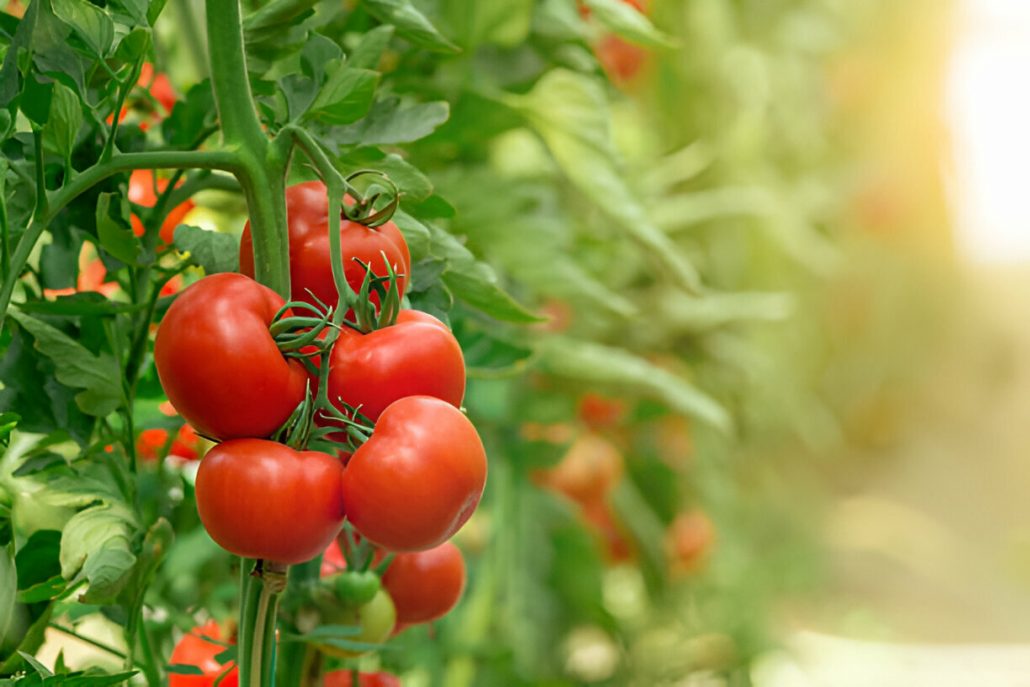
Ever wondered why some plants in your garden flourish while others seem to struggle? The answer is simple: plant nutrition. Just like us, plants require a balanced intake of nutrients to reach their full potential. Without essential nourishment, plants can’t grow healthy, strong, or productive.
Research indicates that nutrient-rich soil can boost plant growth by up to 30%. For organic gardeners, focusing on plant nutrition (nutrición vegetal) is the difference between a lush, vibrant garden and one that appears lackluster. Let’s explore why plant nutrition is so crucial for healthy growth and the best practices to ensure your plants receive the nutrients they need. Whether you’re just starting or a seasoned gardener, these tips will guide you in cultivating healthy, resilient plants.
Understanding Plant Nutrition Essentials
To thrive, plants need a combination of macronutrients and micronutrients. Macronutrients—such as nitrogen, phosphorus, and potassium—are required in larger quantities, supporting strong growth, root development, and flower or vegetable production. Micronutrients like iron, zinc, and magnesium, though needed in smaller amounts, are equally essential for overall plant health.
Plants absorb these nutrients from the soil through their roots, so maintaining healthy, nutrient-rich soil is vital. Adding compost or targeted fertilizers for vegetables (fertilizantes para verduras) is a proven way to enrich soil quality, ensuring your plants get the nourishment they need.
For those invested in organic gardening, using natural, organic products, such as compost or organic fertilizers in Spain (productos organicos en españa), is an excellent way to cultivate a healthy garden while avoiding harmful chemicals. Proper soil care and nutrient balance are foundational for robust plant growth.
Soil Testing
Regular soil testing is the first step to understanding your garden’s specific nutrient needs. Soil test kits are readily available at garden stores or online, providing insight into which nutrients are abundant and which are lacking. If your soil is low in nitrogen, for instance, organic fertilizers (fertilizantes biológicos en españa) can help improve its levels.
Composting
Composting is an invaluable practice for enhancing soil fertility. By transforming kitchen scraps and yard waste into nutrient-rich compost, you’re creating an organic soil amendment that plants thrive on. Combine green materials like fruit peels and grass clippings with brown materials like dried leaves, keep the pile moist, and turn it every few weeks. In time, you’ll have a rich compost to integrate into your garden.
Green Manures
Growing green manures, such as clover or rye, is a fantastic way to boost soil health. These cover crops are specifically cultivated to improve soil quality by adding organic matter and essential nutrients. Green manures also help fix nitrogen in the soil, keeping it fertile and balanced during off-seasons when you’re not growing vegetables.
Mulching
Mulching is a straightforward yet effective practice for conserving moisture, reducing weeds, and enhancing soil health. Organic materials like straw, wood chips, or grass clippings serve as excellent mulch. Spread a few inches around your plants to see noticeable benefits in moisture retention and weed suppression.
Crop Rotation
Crop rotation is a vital practice for maintaining soil fertility. By alternating the types of crops you plant each season, you can reduce pest and disease pressure while optimizing nutrient availability. For example, if you grow tomatoes in one area this season, switch to beans or carrots there next year. This rotation keeps the soil healthy and supports balanced nutrient levels.
Fertilizing
Organic fertilizers are a critical component of sustainable plant nutrition. Options like compost tea, worm castings, and bone meal supply essential nutrients while promoting soil health. Using natural, eco-friendly products helps you maintain an environment-friendly garden that thrives.
Addressing Nutrient Deficiencies
At times, plants may display signs of nutrient deficiencies, such as yellowing leaves, stunted growth, or poor fruit production. If these symptoms arise, check your soil’s nutrient balance and adjust your fertilization plan accordingly. For instance, yellowing leaves may indicate a nitrogen deficiency, which can be corrected with targeted organic fertilizers for vegetables (fertilizantes para verduras).
Conclusion
Providing plants with proper nutrition is key to nurturing a successful garden. By implementing best practices such as soil testing, composting, and using organic fertilizers, you’ll support a vibrant, healthy garden. Keep an eye on your plants’ needs, and enjoy the satisfaction of a thriving garden full of lush greens and abundant harvests.
Looking for organic products to support your garden? Fitochem offers a wide selection of premium organic fertilizers and plant care solutions available in Mexico (productos organicos en mexico) and Spain. Visit Fitochem to discover the best products to meet your gardening goals!

